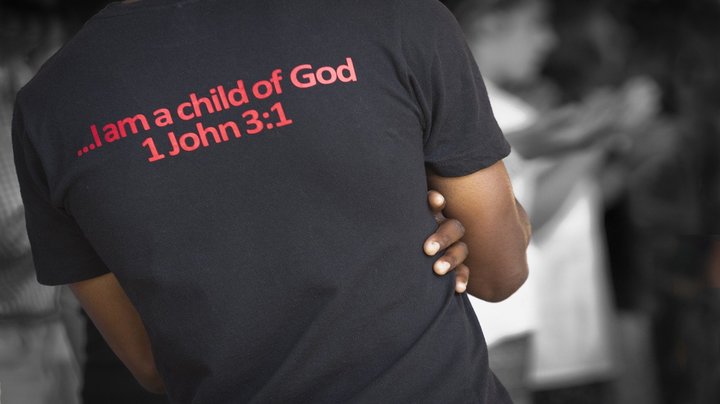There are many wonderful lists of resources being shared around the Internet showing that every one of us can do something to fight racism. We recommend 75 Things White People Can Do for Racial Justice and Anti-Racism Resources for White People.
We are offering our own list of resources that you can borrow from the NC Conference Media Center, or access online through United Methodist Church general agencies, along with 9 ways to use these resources to take action in your church to fight racism.
1. Host a Zoom conversation.
Or Google Meet or Facebook Rooms or whichever platform you prefer. Don’t wait until we can meet in-person. Take advantage of online meetings to gather small groups with a trained facilitator to lead conversations about race. These resources will train you on how to lead these conversations.
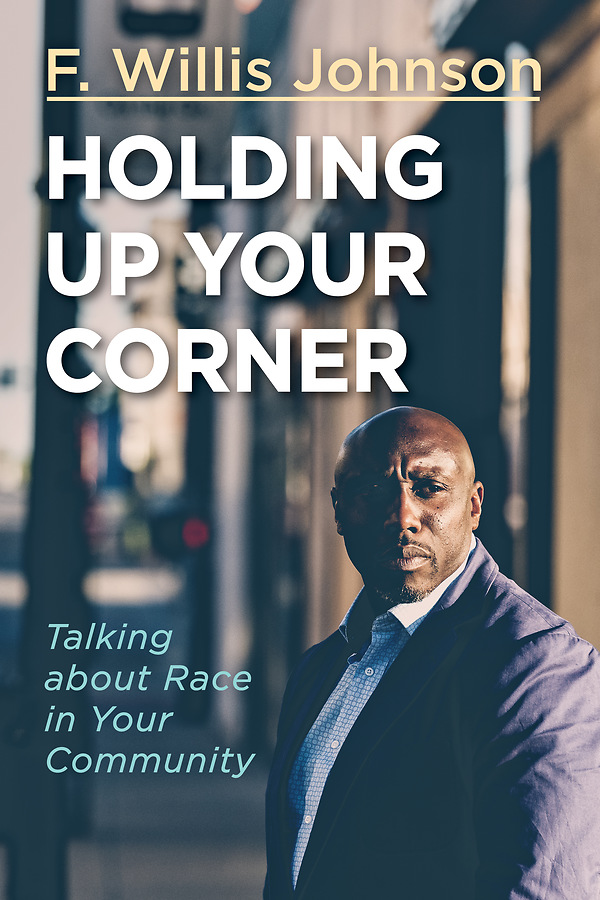
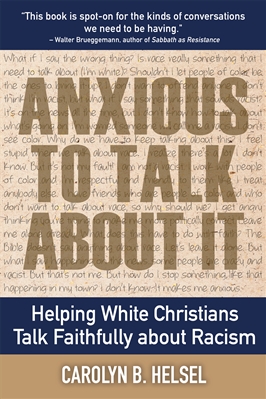
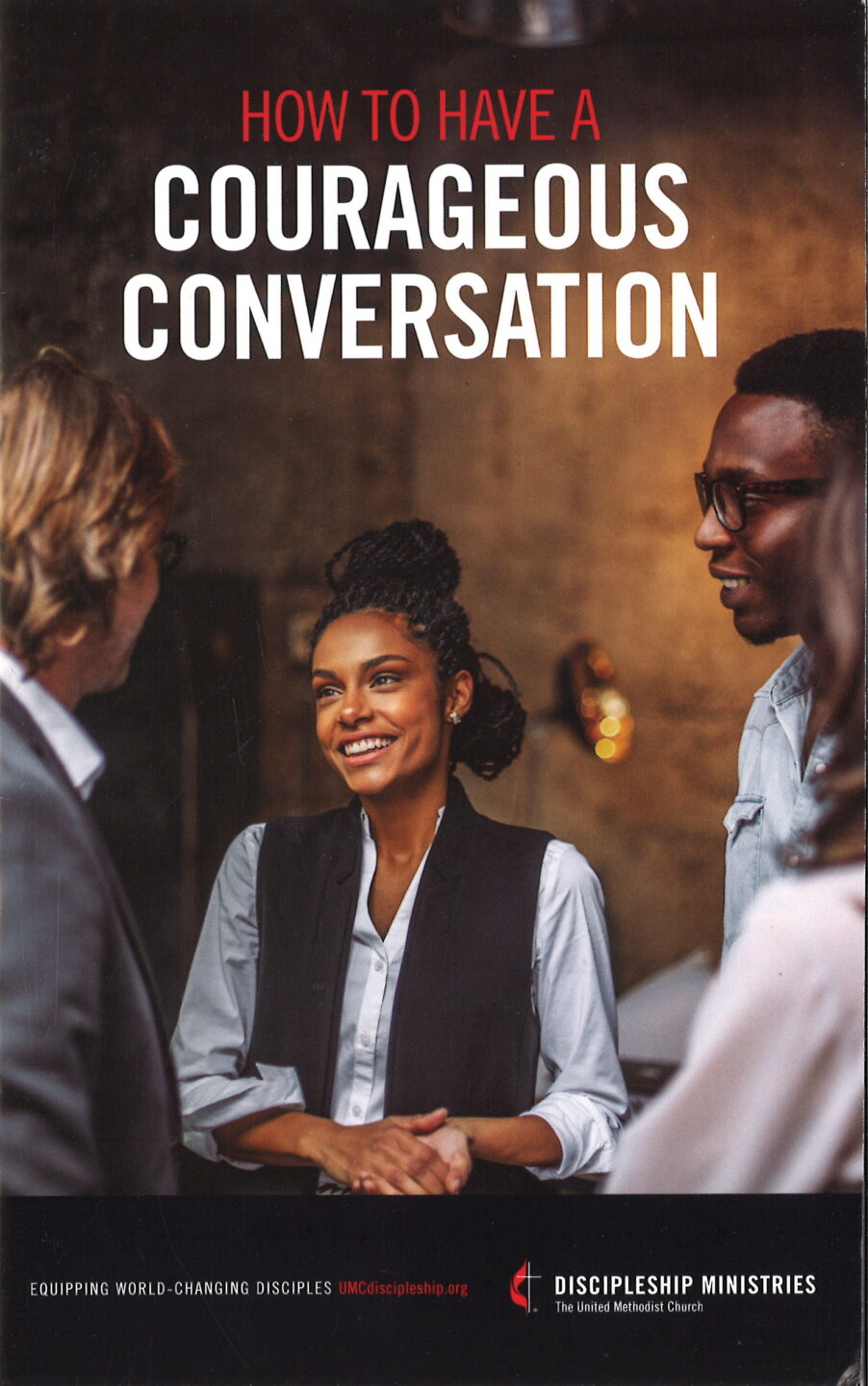
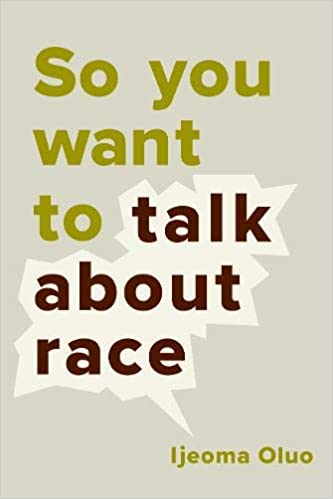
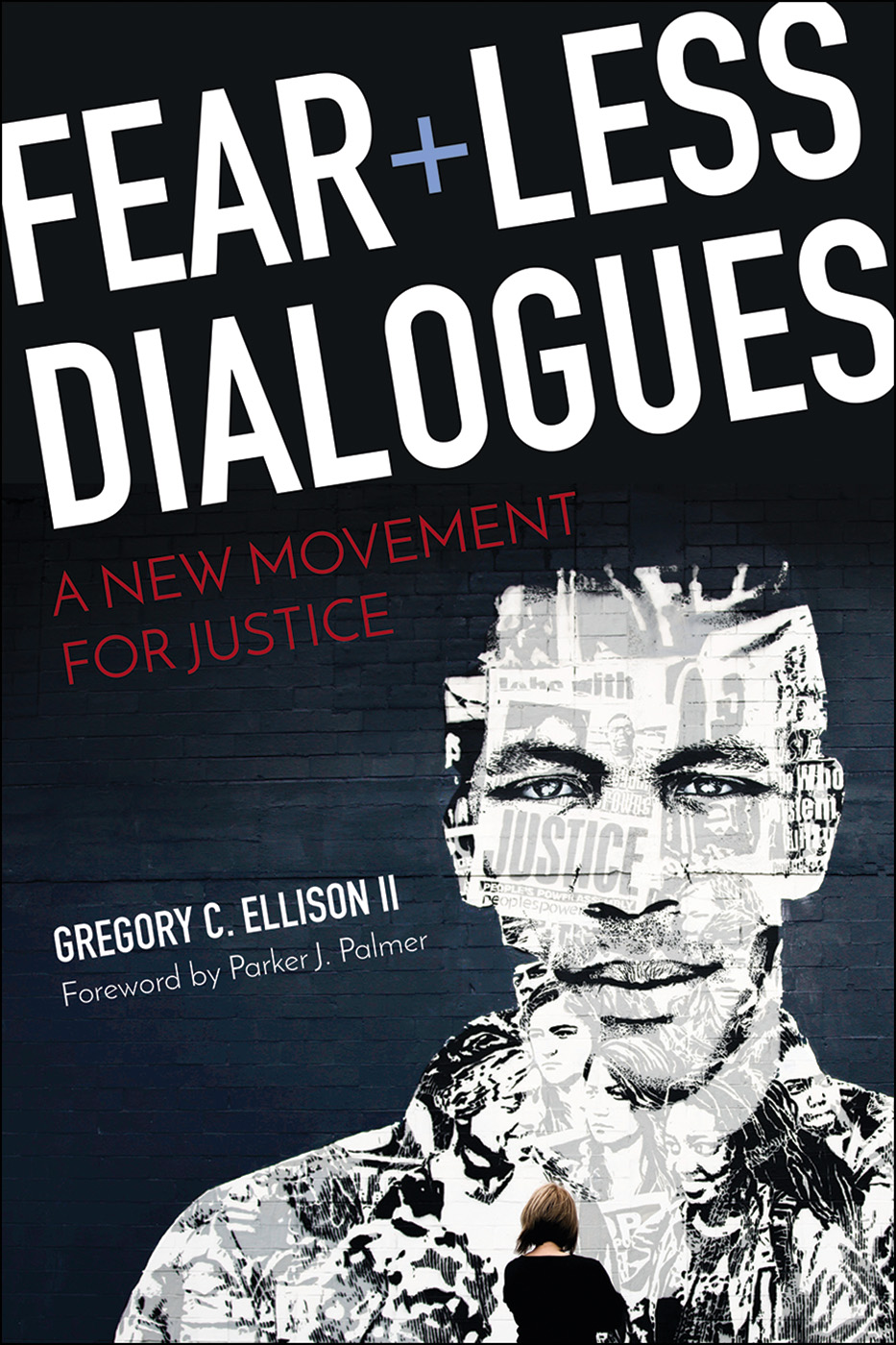
Holding Up Your Corner: Talking about Race in Your Community by F. Willis Johnson. United Methodist Pastor Johnson was the leader of a church in Ferguson, MO during the riots there after the police shooting of Michael Brown. After that experience, he wrote this resource to provide churches with a self-directed process of determining what role your church can play in your specific community. You’ll learn how to use testimony and other narrative devices, proclamation, guided group conversations, and other tactics in order to own the calling and responsibility we have as Christians. The videos that accompany the book include personal stories related to the discussion points in the guided conversation. A participant book is also available.
Anxious to Talk About It: Helping White Christians Talk Faithfully About Racism by Carolyn B. Helsel. Presbyterian Pastor and Professor Carolyn B. Helsel draws on her success with white congregations to offer insight and tools to embrace, explore, and work through the anxious feelings that often arise in these hard conversations. Participants will learn how to join conversations with courage, compassion, and knowledge of self, others, and the important issues at stake. Each chapter ends with questions for reflection and discussion to further help you get the conversations started.
How To Have a Courageous Conversation by Discipleship Ministries of The United Methodist Church. This booklet provides practical guidance and a biblical basis on how to have courageous conversations in your church, whether they are interpersonal or churchwide conversations. You can download this book as a free PDF or borrow a print copy from the Media Center.
So You Want to Talk About Race by Ijeoma Oluo. Oluo offers a contemporary, accessible take on the racial landscape in America, addressing head-on such issues as privilege, police brutality, intersectionality, micro-aggressions, the Black Lives Matter movement, and the “N” word. Perfectly positioned to bridge the gap between people of color and white Americans struggling with race complexities, Oluo answers the questions readers don’t dare ask and explains the concepts that continue to elude everyday Americans.
Fearless Dialogues: A New Movement for Justice by Gregory C. Ellison, II. Candler Professor Ellison offers another idea for important conversations. Invite people from all parts of the community to seek real solutions to problems of chronic unemployment, violence, and hopelessness. Ellison has been hosting these conversations and now he provides others with the steps that must be taken to find common ground in our divided communities and then to implement genuine and lasting change.
Moving Faith Communities to Fruitful Conversations about Race by the Lewis Center for Church Leadership. This series of four online videos is a dialogue about race in America that may be used to help your church bring people together to talk about moving forward bravely and boldly in the name of Christ. The video titles are: Why should race be a central focus? Why should local congregations participate in these conversations? What can your congregation do to make a difference? How can congregations partner with law officials in the community?
Racial Justice Conversations Guide by The General Commission on Religion and Race of The United Methodist Church. These resources are intended to help get you started and create building blocks for additional work. It provides a helpful outline for a first conversation.
Meaningful Conversations on Race: A Discussion Guide by The General Commission on Religion and Race of The United Methodist Church. Watch the video with Rev. Dr. David Anderson Hooker and follow the discussion prompts. This video is recommended for use with an interracial group.
Acting Against Racism Conversation Guide by The Christian Century. This 14-page downloadable guide offers articles from the Century’s archives, study questions meant to spark thought and conversation, and specific action steps to pursue.
2. Do a small group study about racism.
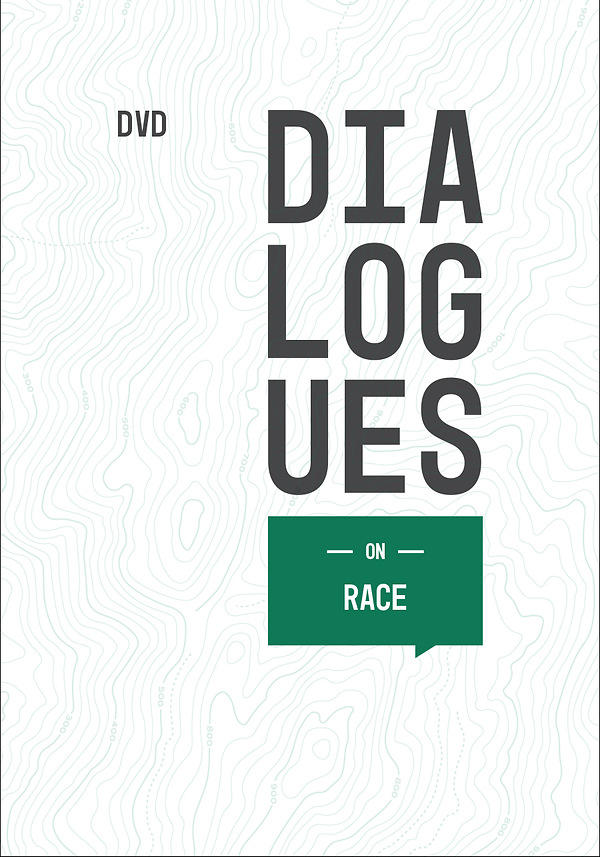
Dialogues on Race
by Sparkhouse
The DVD and learner book combine to lead a conversational experience about race. Each topic is packed with well-researched information, but brought to life with the lived experience and stories of people at the center of the topic. A facilitator’s guide is also available.
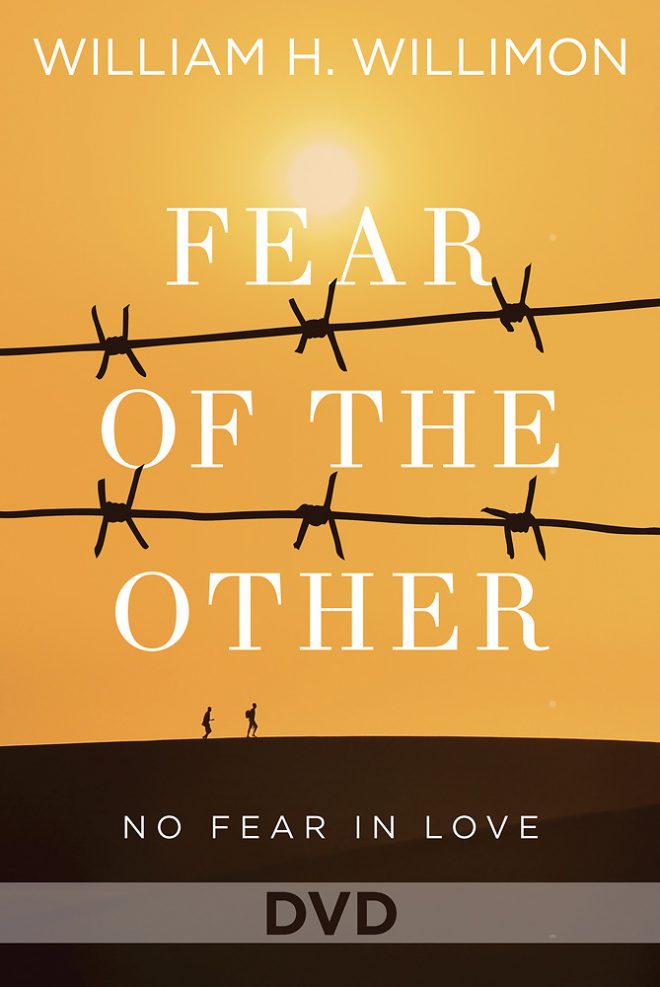
Fear of the Other: No Fear in Love
by William H. Willimon
This DVD study invites readers to consider the Gospel command to love (and not merely tolerate) those considered to be “Other.” Emphasizing the biblical mandate to receive Others in their particularity and difference as gifts and mysteries bearing the grace of God, this study also offers a strong critique of the privileged who all too often rush to the language of reconciliation and evade the huge inequalities surrounding conversations and practices dealing with xenophobia and injustice.
Vital Conversations
This video series from the General Commission on Religion and Race of The United Methodist Church features contemporary theologians, sociologists, laity, clergy, and other thought-leaders dealing with challenges of race, culture, and oppression in the church and world today. Each video includes a discussion guide making this an excellent series for small groups. The entire series can be viewed online, or you can borrow the first two series on DVD. See the video below with Reverend Cynthia Moore-KoiKoi as an example.
Race and Christianity in the U.S.
Professor Sarah Ruble has posted a free 8-part online video series on Race and Christianity in the United States. Using primary sources, focusing on key events, and sharing little-known facts, Professor Ruble gives a historian’s view of how race was socially and legislatively constructed in the United States and the effects of those constructions on the racial issues we are confronting today. The series even includes a fair bit of Methodist history as you can see in the video below.
Amplify
Amplify, the United Methodist video streaming platform, has given free access to many of their video resources on race. It includes:
- Complete multi-week studies: Holding Up Your Corner, Fear of the Other, The Shout
- Video series for the book, Black & White
- Video-only series: Building Bridges
- Devotional videos
3. Lead a small group study authored by a person of color that is not about racism.
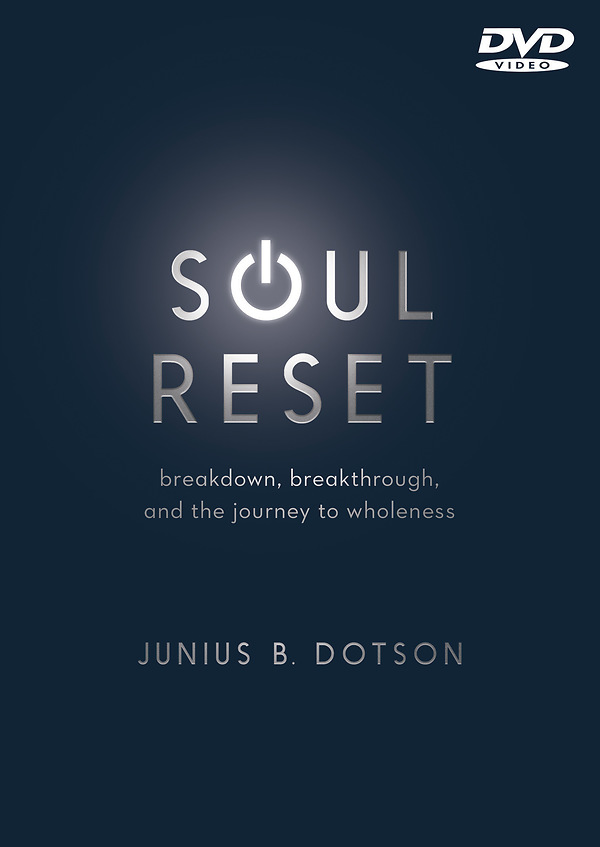
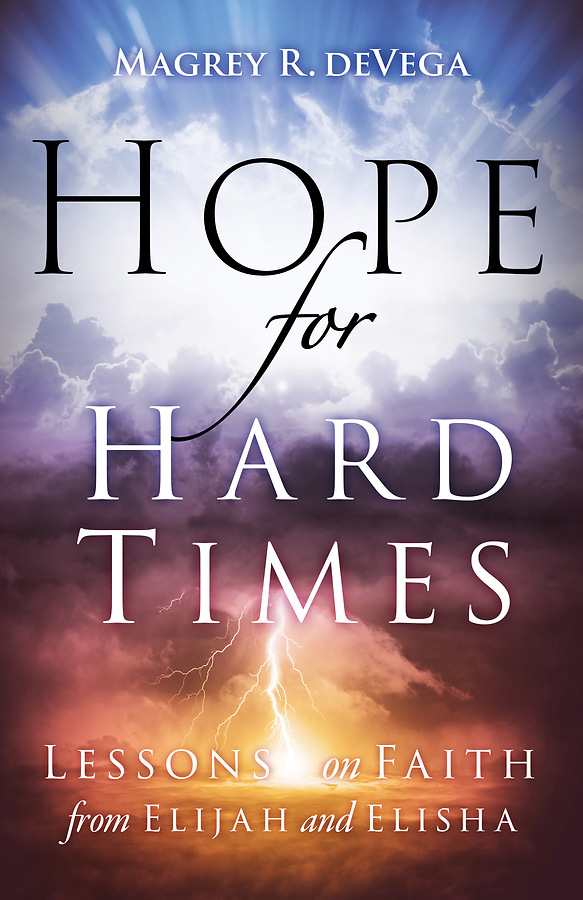
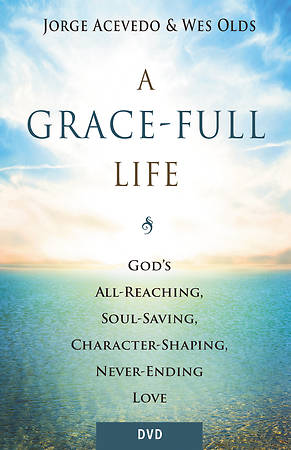
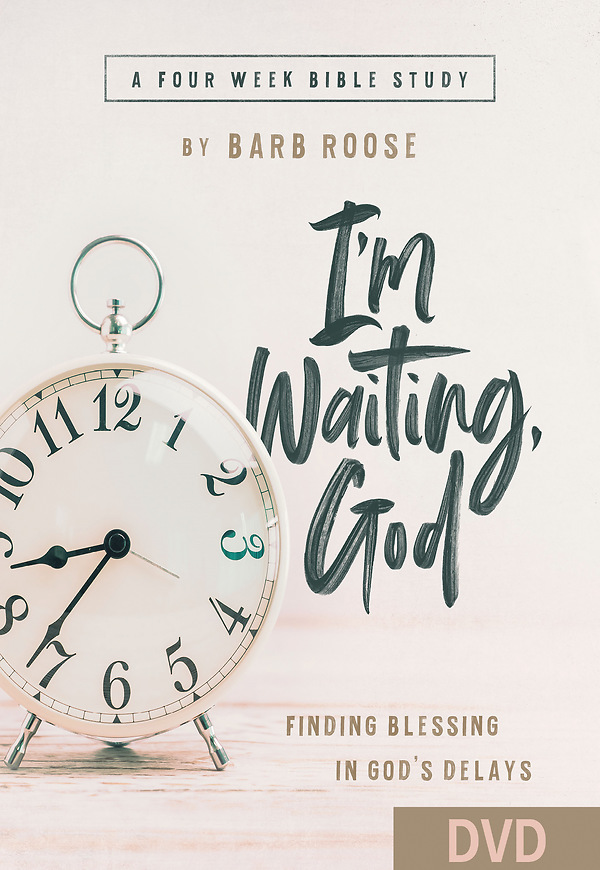
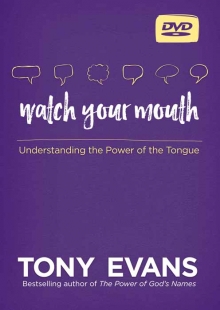
Soul Reset: Breakdown, Breakthrough, and the Journey to Wholeness by Junius B. Dotson. Rev. Dotson is General Secretary of Discipleship Ministries of The United Methodist Church. He recalls his own journey through grief, depression, burnout, and emotional breakdown to call everyone to a soul reset. By exploring how Jesus shows us an unforced rhythm of what kingdom work looks like, Dotson reveals a balance of work, rest, play, worship, exercise, and eating well—spiritual practices that keep our souls hydrated and healthy as we do the work of the church in the world. This DVD study is available for small groups and as a churchwide study for all ages.
Hope for Hard Times: Lessons on Faith from Elijah and Elisha by Magrey deVega. Particularly helpful during our current times, United Methodist Pastor deVega focuses on God’s messages to Elijah and Elisha during their hard times: God is with you and will give you everything you need. This book study has a companion leader’s guide. Short videos for each session are available on Abingdon Press’s YouTube channel.
A Grace-Full Life: God’s All-Reaching, Soul-Saving, Character-Shaping, Never-Ending Love by Jorge Acevedo & Wes Olds. United Methodist Pastor Acevedo examines a Wesleyan understanding of grace for the common person. Participants will learn about various forms of grace—prevenient grace, justifying grace, sanctifying grace, and glorifying grace—and come away knowing how God’s grace truly works in your life.
I’m Waiting, God: Finding Blessing in God’s Delays by Barbara Roose. Barb Roose invites us to explore the stories of women in the Bible who had to wait for God—women like Hannah, Ruth, Tamar, and the unnamed woman who suffered for over a decade with a painful medical condition. If you feel anxious, angry, discouraged, or depressed because God isn’t giving you what you want, their stories will breathe fresh hope into your life and offer you practical next steps in your time of waiting. We also have Roose’s study, Beautiful Already: Reclaiming God’s Perspective on Beauty.
Watch Your Mouth: Understanding the Power of the Tongue by Tony Evans. Rev. Dr. Evans shows how to glorify God with your speech in this DVD presentation that includes four sessions of powerful teaching and moving personal testimonies. Learn to use your words in mighty ways and model with your mouth the character of God.
4. Start a book club.
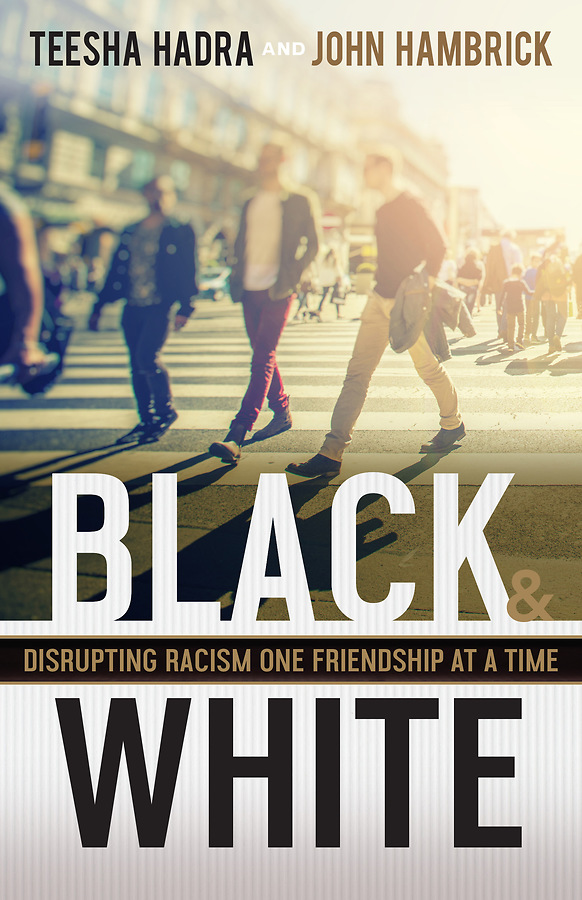
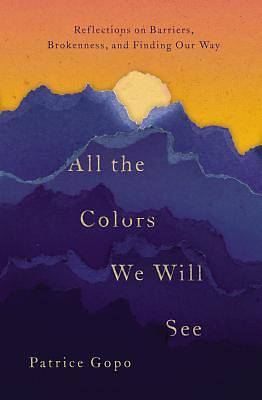
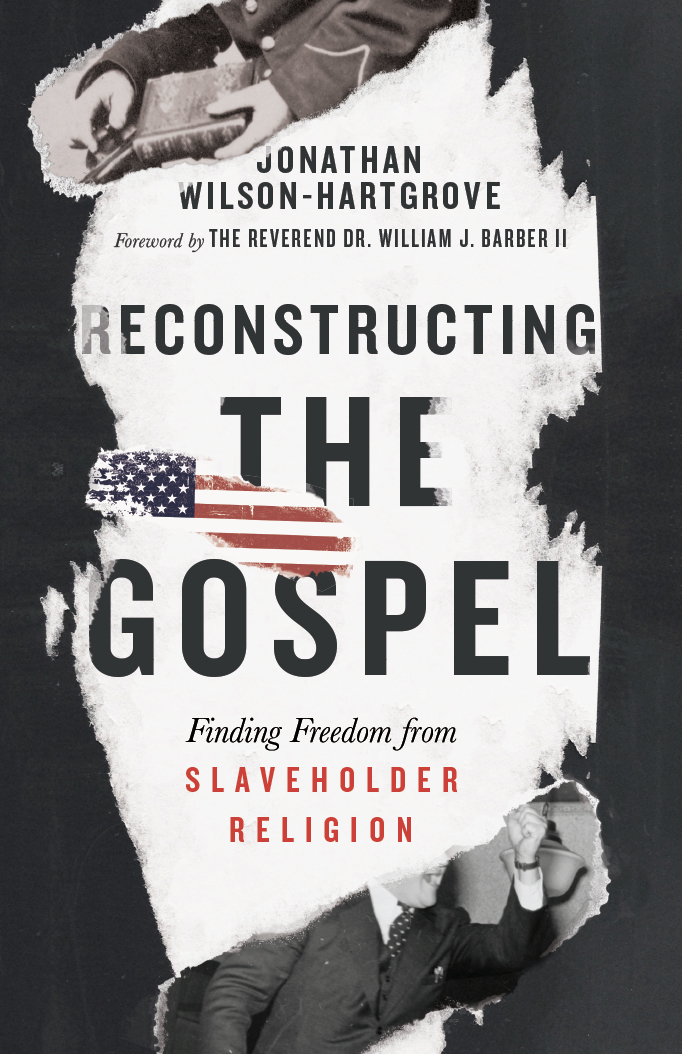
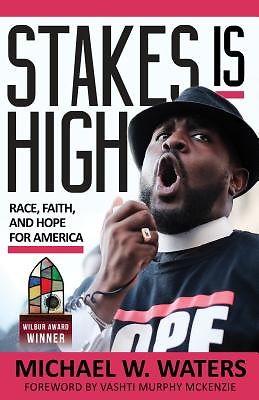
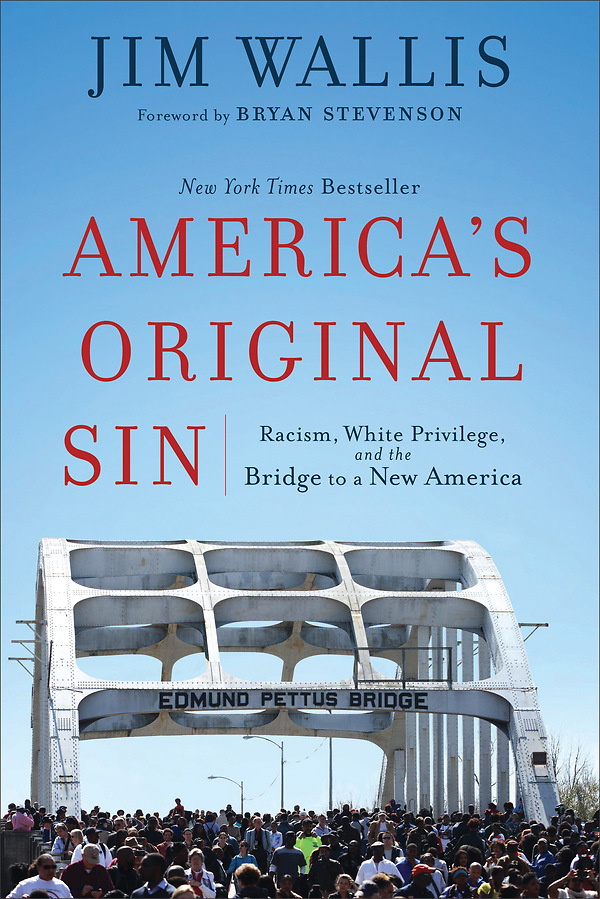
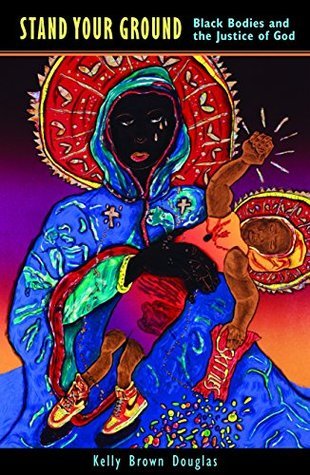
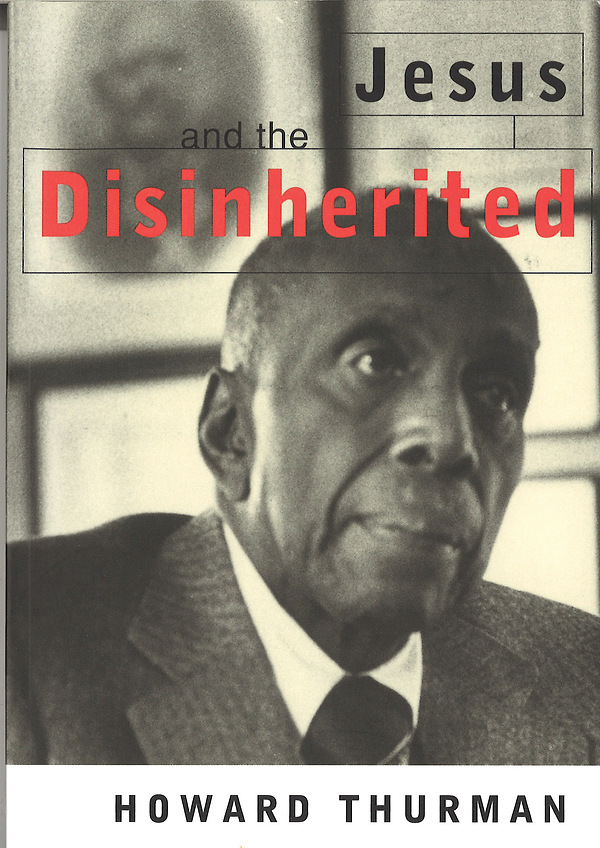
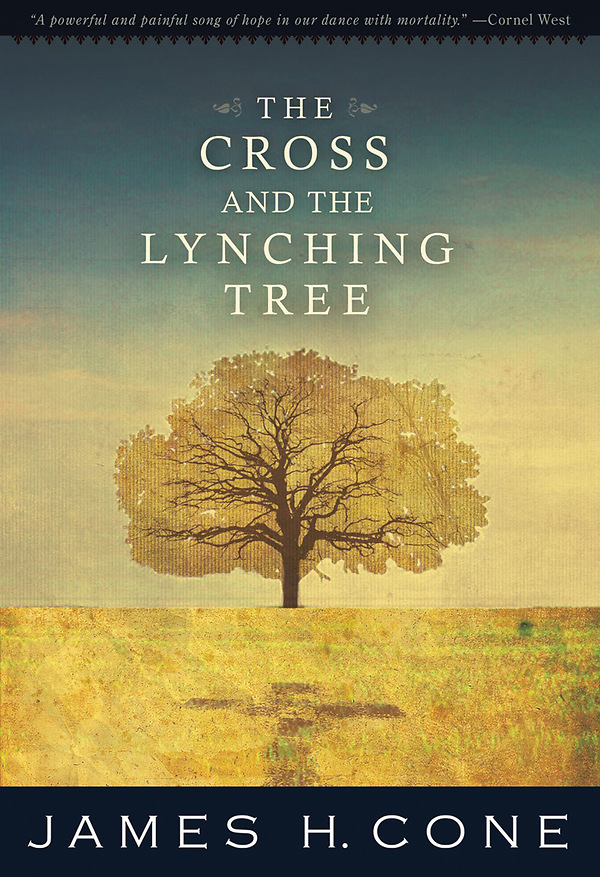
Black & White: Disrupting Racism One Friendship at a Time by Teesha Hadra and John Hambrick. Hadra, a young black woman, and Hambrick, an older white man, served as pastors together and formed a friendship. Using their story as an example, we learn how racism can be disrupted when we risk forging friendships with those who do not look like us. Readers are equipped to take faithful, practical, next steps in obedience to God’s call to join the movement against racism, changing the way we see the world, which, in turn, could actually bring change to the world. Short videos to accompany this book are available on Abingdon Press’s YouTube channel.
All the Colors We Will See: Reflections on Barriers, Brokenness, and Finding Our Way by Patrice Gopo. Currently a North Carolinian, Patrice Gopo grew up in Anchorage, Alaska, the child of Jamaican immigrants who had little experience being black in America. From her white Sunday school classes as a child, to her early days of marriage in South Africa, to a new home in the American South with a husband from another land, Patrice’s life is a testament to the challenges and beauty of the world we each live in, a world in which cultures overlap every day. Patrice’s reflections guide us as we consider our own journeys toward belonging, challenging us to wonder if the very differences dividing us might bring us together after all. A free discussion guide is available online.
Reconstructing the Gospel: Finding Freedom from Slaveholder Religion by Jonathan Wilson-Hartgrove. Just as Reconstruction after the Civil War worked to repair a desperately broken society, our compromised Christianity requires a spiritual reconstruction that undoes the injustices of the past. Wilson-Hartgrove traces his journey from the religion of the slaveholder to the Christianity of Christ. Grappling seriously with troubling history and theology, Wilson-Hartgrove recovers the subversiveness of the gospel that sustained the church through centuries of slavery and oppression, from the civil rights era to the Black Lives Matter movement and beyond. A free study guide for this book can be downloaded.
Stakes Is High: Race, Faith, and Hope for America by Michael W. Waters. Pastor, activist, and community leader Michael W. Waters blends hip-hop lyricism and social justice leadership, creating an urgent voice demanding that America listen to the suffering if it hopes to redeem its soul. Weaving stories from centuries of persecution against the backdrop of today’s urban prophets on the radio and in the streets, Waters speaks on behalf of an awakened generation raging against racism – yet fueled by the promise of a just future. A free companion guide for this book can be downloaded.
America’s Original Sin: Racism, White Privilege, and the Bridge to a New America by Jim Wallis. Rev. Wallis offers a prophetic and deeply personal call to action in overcoming the racism so ingrained in American society. He speaks candidly to Christians–particularly white Christians–urging them to cross a new bridge toward racial justice and healing. Probing yet positive, biblically rooted yet highly practical, this book shows people of faith how they can work together to overcome the embedded racism in America, galvanizing a movement to cross the bridge to a multiracial church and a new America.
Stand Your Ground: Black Bodies and the Justice of God by Kelly Brown Douglas. In the aftermath of the murder of Trayvon Martin, Rev. Dr. Douglas examines the myths and narratives underlying a “stand-your-ground” culture, taking seriously the social as well as the theological questions raised by this and similar events, from Ferguson, Missouri to Staten Island, New York.
Jesus and the Disinherited by Howard Thurman. In this classic theological treatise, the acclaimed theologian and religious leader Howard Thurman (1900-1981) demonstrates how the gospel may be read as a manual of resistance for the poor and disenfranchised. Jesus is a partner in the pain of the oppressed and the example of His life offers a solution to ending the descent into moral nihilism. Hatred does not empower—it decays. Only through self-love and love of one another can God’s justice prevail. A free reader’s guide can be downloaded.
The Cross and the Lynching Tree by James H. Cone. The cross and the lynching tree are the two most emotionally charged symbols in the history of the African American community. In this powerful work, theologian James H. Cone explores these symbols and their interconnection in the history and souls of black folk. A free reader’s guide can be downloaded.
5. Provide a parenting class.
Use these books to educate parents and children’s ministry leaders on how to talk with and teach children about race and diversity.
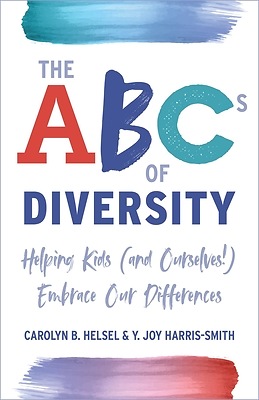
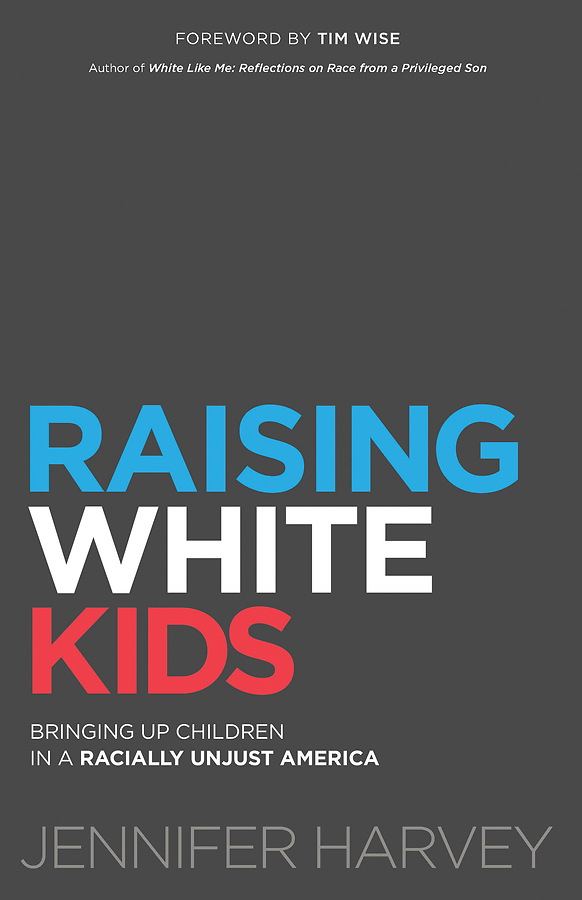
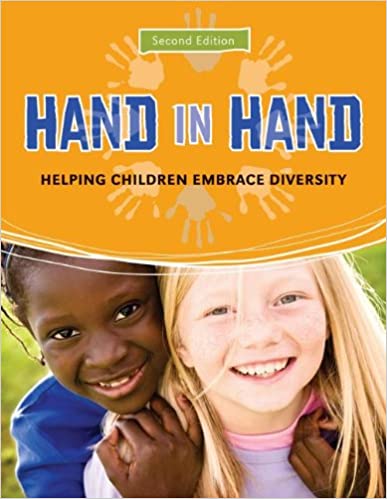
The ABCs of Diversity: Helping Kids Embrace Our Differences by Y. Joy Harris-Smith and Carolyn Helsel. This just-published book equips parents, teachers, and community leaders to address children of all ages on complicated topics of race, political affiliation, gender, class, religion, ability, nationality, and sexual orientation. It includes specific resources and activities for younger and older children that parents and community leaders can employ to encourage compassion and empathy.
Raising White Kids: Bringing Up Children in a Racially Unjust America by Jennifer Harvey. Dr. Harvey helps parents, teachers, and churches enter into a dialogue about the impact of racism on our children and offers guidance for sharing our commitment to equity and justice. This book provides guidance on what we should teach kids about race and how to equip them when they encounter racism.
Hand in Hand: Helping Children Embrace Diversity. This book provides a five-session course for kids in grades K-6 to help them learn to appreciate and celebrate the diversity in God’s family. Sessions address issues of differences, prejudice, inclusion, unity, and how to celebrate diversity.
6. Read diverse books to kids.
Include the reading of diverse picture books in your children’s ministry, both online and in-person when we gather again. Keep these books in the children’s ministry rooms and make sure all races are represented in the toys you have available.
You are welcome to borrow the following books from our collection to get started or supplement your own collection. You can find many more diverse children’s books listed at Sacred Worth Books and We Need Diverse Books.
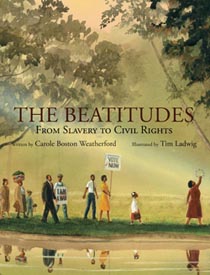
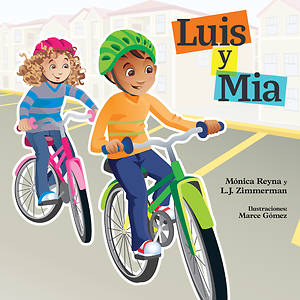
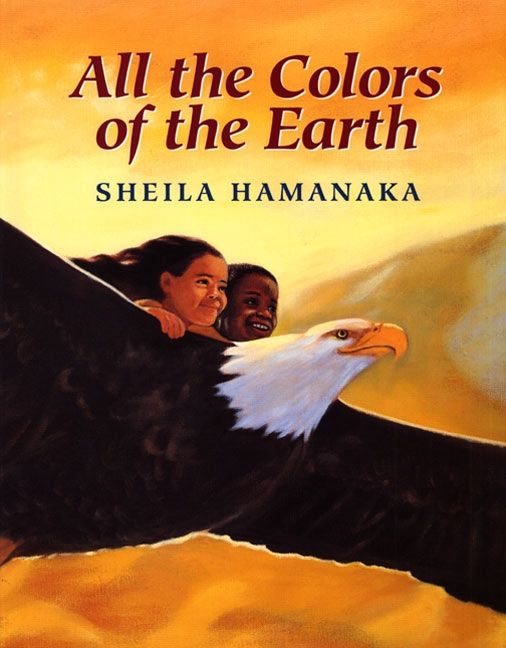
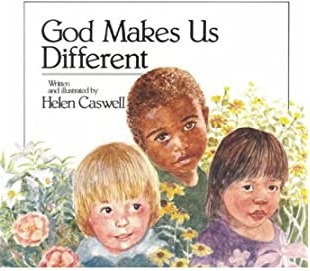
The Beatitudes: From Slavery to Civil Rights written by Carole Boston Weatherford and illustrated by Tim Ladwig. In this book, the Beatitudes — from Jesus’ famous Sermon on the Mount — form the backdrop for Carole Boston Weatherford’s powerful free-verse poem that traces the African American journey from slavery to civil rights. Tim Ladwig’s stirring illustrations showcase a panorama of heroes in this struggle, from the slaves shackled in the hold of a ship to the first African American president taking his oath of office on the steps of the United States Capitol.
Luis y Mia / Mia and Luis written by Mónica Reyna and L.J. Zimmerman with illustrations by Marce Gómez. This is a flip-over book that tells the story of a cross-cultural friendship from each child’s perspective. Luis is the child of Mexican immigrants and Mia is a White American child. The stories will help children ages 6-9 understand the importance of showing love to people who are different, apologizing when you’re wrong, forgiving one another, and making everyone feel welcome. Both stories are in English and Spanish.
All The Colors of the Earth by Sheila Hamanaka. Inspired by her own two children’s multi-ethnic heritage, Hamanaka uses soaring text and beautiful art to celebrate the glorious diversity of children laughing, loving, and glowing with life.
God Makes Us Different by Helen Caswell. This book shows young readers that even though we are different, all of us are beautiful and special in God’s eyes.
7. Take an online course.
The General Commission on Religion and Race of The United Methodist Church offers these three self-paced online courses.
Anti-Racism 101: Required Skills for White People Who Want to be Allies centers on one big idea: the differences between anti-racism and defending oneself against charges of racism. As a 101 course, content will focus on defining anti-racism as interrupting and dismantling racism; identifying which actions fall into categories of anti-racism, avoidance, or defending oneself against charges of racism; and building resilience to white fragility.
You Are Here: First Steps for White Christians on Race and Racism is an online course for Christians who want to acquire a fundamental understanding of race and racism from a biblical perspective. This four-part self-directed course offers videos featuring Robin DiAngelo and Rev. Dr. Anderson Hooker, reflections, and activities to help people of faith to recognize racism and begin to challenge it in their lives.
Implicit Bias: What We Don’t Think We Think. The General Commission on Religion and Race of The United Methodist Church hosts this free self-paced online course. It was created for anyone who is interested in learning and teaching others about implicit bias. The learning engagements included in each section allow for individual work, group work, and sermon preparation. It honors the contextual wisdom that you and others will bring to this material. Each exercise is an invitation to the sacred journey of discovering with your church and community how God is leading you to use this material faithfully within your context.
8. Make an action plan.
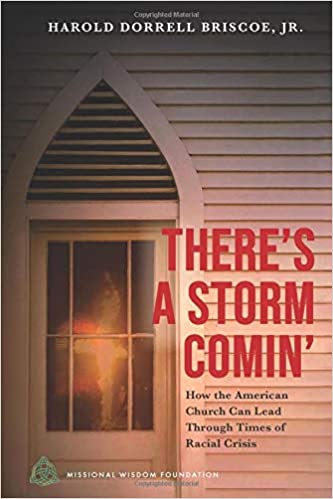
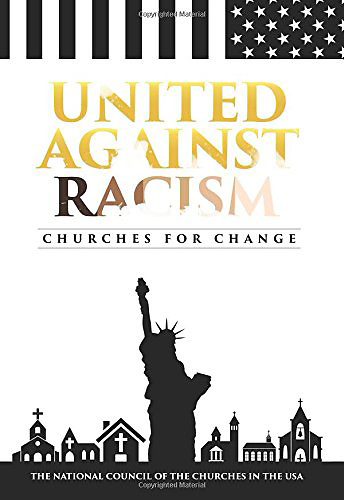
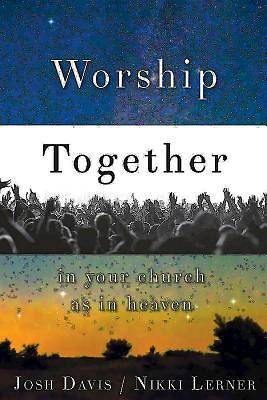
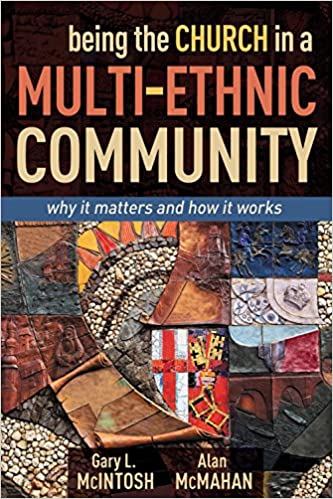
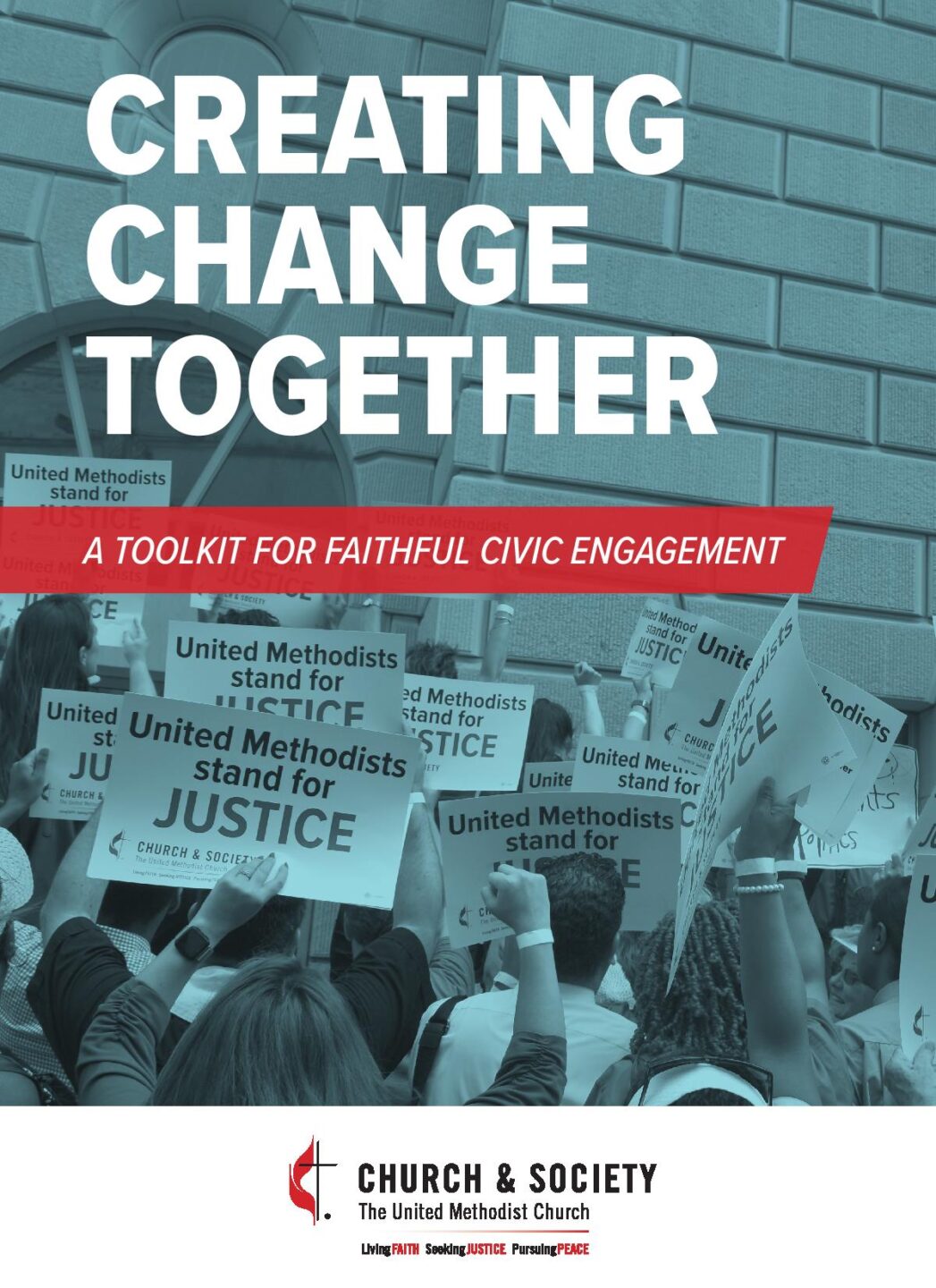
There’s a Storm Comin’: How the American Church Can Lead Through Times of Racial Crisis. Just published, this book makes the case that the church must take proactive measures to prepare for racialized crises. Durham Pastor Briscoe recommends strategies drawn from the academic and professional fields of climate change adaptation and natural disaster mitigation. These insights are synthesized with biblical data to create a framework that gives churches practical steps to prepare for and respond to racialized crises that inflict trauma on the social fabric of America.
United Against Racism: Churches for Change by The National Council of the Churches in the USA. This book is a call to an authentic Christianity, a religion that strives to become God’s inclusive, beloved community. It summons Christians to pray, think, and act to end racism. The book includes history, biblical exegesis, prayers, activities, and bibliographies to help churches take action against racism.
Worship Together in Your Church as in Heaven by Josh Davis and Nikki Lerner. This book aims to show how can we offer worship that is authentic and engaging for all of God’s people, including longtime church members. The authors offer an empathetic, step-by-step approach, providing readers with knowledge, skills, and strategies to successfully introduce inclusive, multicultural worship in any setting.
Being the Church in a Multi-Ethnic Community: Why It Matters and How It Works by Gary L. McIntosh and Alan McMahan. This book is an introductory guide, a basic primer for pastors and congregation leaders who are wrestling with how to reach the ethnic groups next door and welcome them into the multi-ethnic body of Christ. Rather than being a one-size-fits-all, this book describes a variety of approaches for bringing multiple ethnicities together into a single congregation. Learn how your church can be effective in welcoming disciples of all ethnicities.
Creating Change Together: A Toolkit for Faithful Civic Engagement by The General Board of Church & Society of The United Methodist Church. Some racial issues are political issues. Use this free online toolkit to find the biblical and United Methodist grounding for civic engagement as well as strategies and tactics that you can do as an individual or group to pursue the common good. It includes instructions for prayer vigils, engaging with decision makers, and more.
9. Preach.
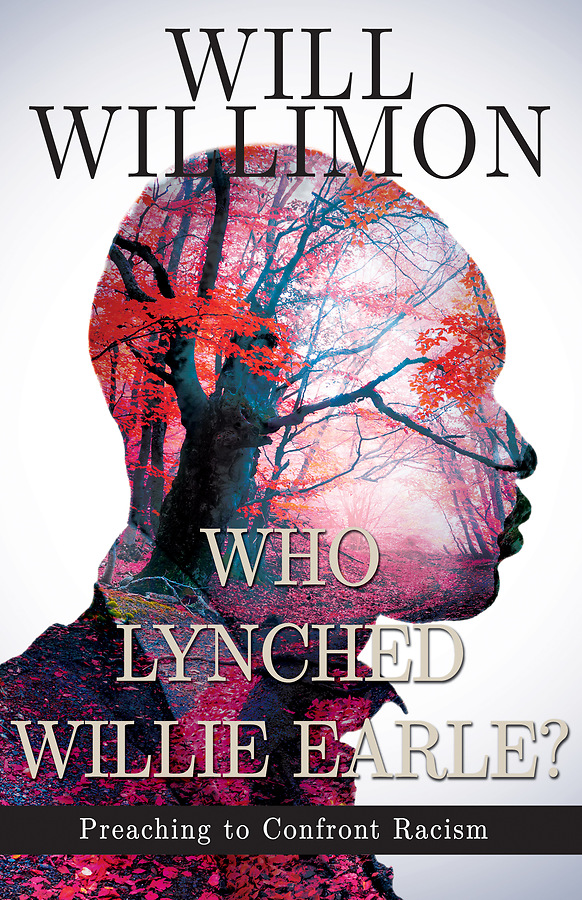
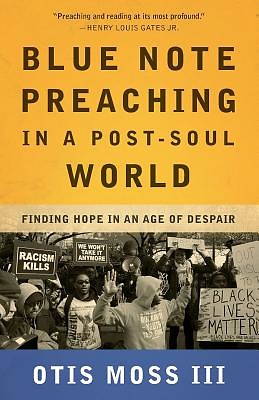
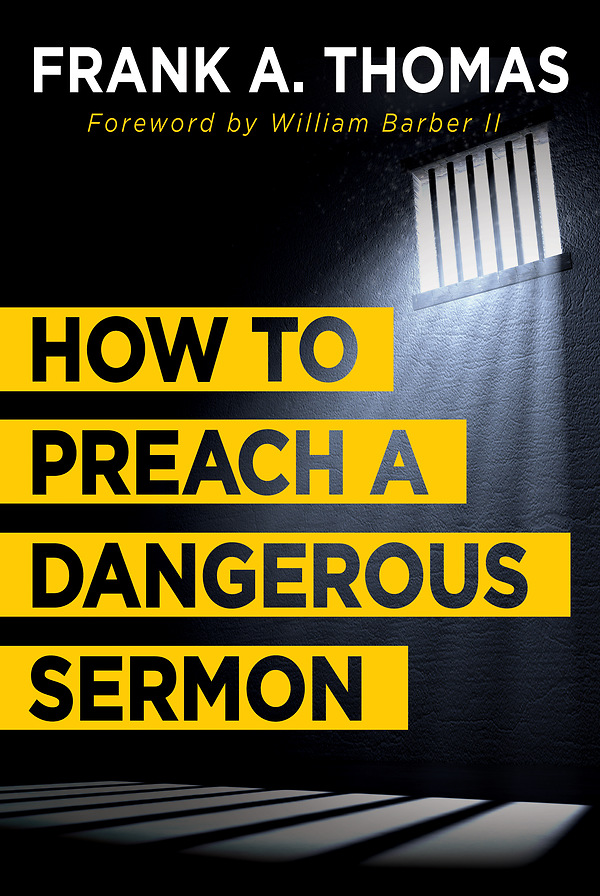
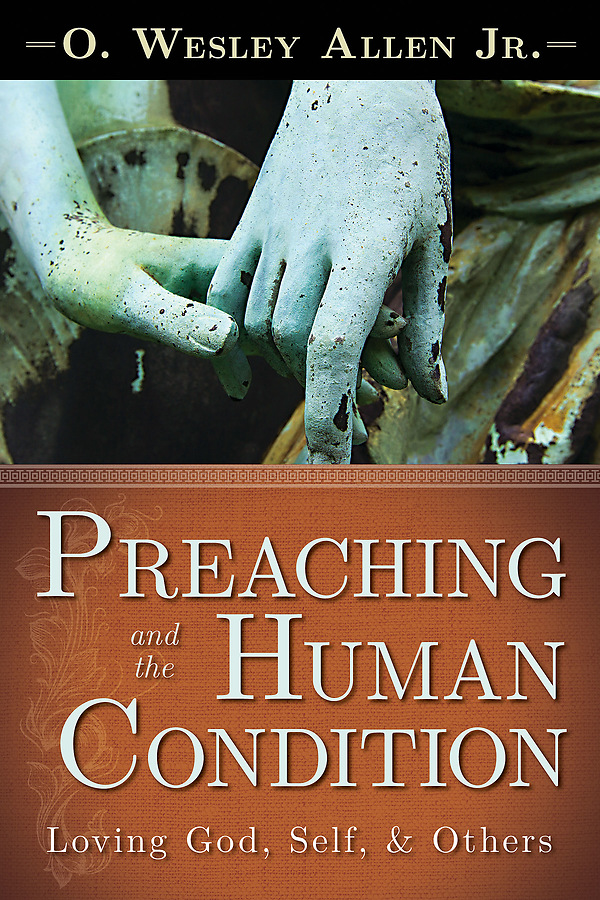
Who Lynched Willie Earle? Preaching to Confront Racism by Will Willimon. How do pastors of white, mainline Protestant churches preach effectively in situations of racial violence and dis-ease? Even though you long to address contemporary social crises, how do you know where to begin when it’s simply not possible to relate to black pain? Willimon uses the true story of pastor Hawley Lynn’s 1947 sermon, a response to the last lynching in Greenville, South Carolina, to help pastors preach on race and violence in America, inviting and challenging the church to respond.
Blue Note Preaching in a Post-Soul World: Finding Hope in an Age of Despair by Otis Moss, III. Moss challenges preachers to preach with a “Blue Note sensibility,” which speaks directly to the tragedies faced by their congregants without falling into despair. He then offers four powerful sermons that illustrate his Blue Note preaching style. In them, Moss beautifully and passionately brings to life biblical characters that speak to today’s pressing issues, including race discrimination and police brutality, while maintaining a strong message of hope.
How to Preach a Dangerous Sermon: Preaching and Moral Imagination by Frank A. Thomas. Learn to use four characteristics of preaching with moral imagination to proclaim freedom for all. The author describes the four characteristics using examples like Robert F. Kennedy, Dr. Martin Luther King, Jr., Pauli Murray, and the Moral Monday Movement, along with musicians and other artists of today. This book equips and empowers preachers to transcend their basic skills and techniques so that their proclamation of the Word causes actual turnaround in the hearts and lives of their hearers, and in their communities.
Preaching and the Human Condition: Loving God, Self, & Others by O. Wesley Allen, Jr. Sermons often suffer from a lack of adequate analysis and presentation of the human condition. Jesus was all about the human condition. He didn’t skirt around real-life needs and difficult circumstances by offering simple messages of self-help. But sometimes that’s exactly what we do in our sermons when we aim at high and noble ideals yet ignore the “bad news” of the world. Rev. Dr. Allen proposes the idea that we can successfully explore the human condition in every sermon by looking through the vertical, horizontal, and inner lens of Jesus’ greatest commandment.
Additional Resources
You can find complete lists of our resources related to anti-racism and multicultural ministries on these pathfinders:

